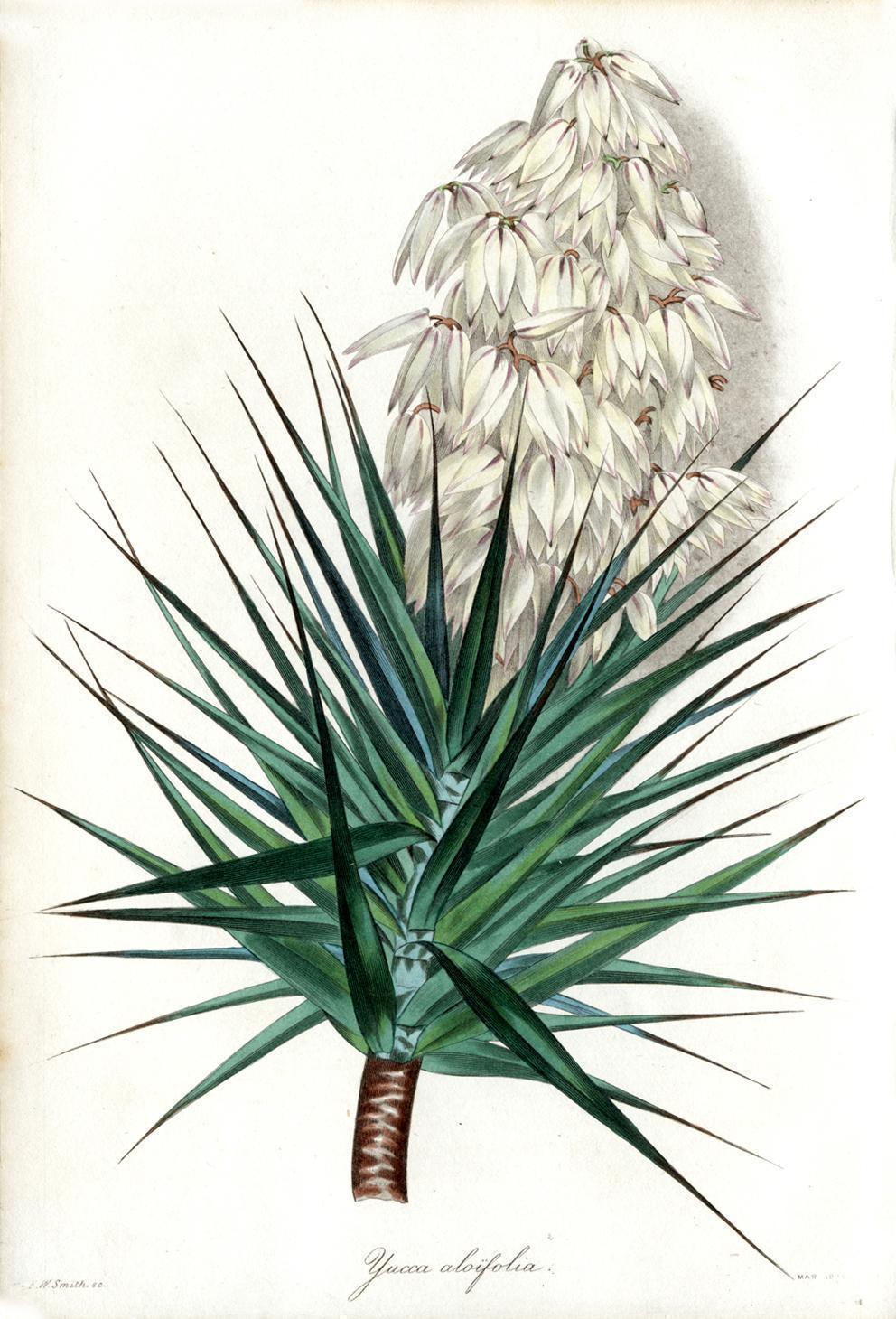Yucca aloifolia L.
AgavaceaeYuca es el nombre con que la población indígena del lugar de origen de esta planta, en el Caribe y América Central, denominaba en realidad a la mandioca - Manihot esculenta-, atribuido a este género Yucca por una confusión en los primeros envíos de plantas desde el Nuevo Mundo. El término parece aludir concretamente al nombre que los indígenas americanos deban a la harina de la mandioca, que los españoles que llegaron a América a lo largo del siglo XVI pensaban erróneamente que hacían con yuca. Género actualmente muy hibridado y naturalizada en zonas templadas de Europa, las yucas pinchonas son también llamadas, desde el siglo XVII, daga o bayoneta española por sus hojas picudas y afiladas. Desde el s. XIX tenemos constancia de su uso en jardines. Una peculiaridad de las yucas es que son polinizadas por un único tipo de polilla del género Tegeticula, la llamada “polilla de la yuca”, especialmente la Tegeticula yuccasella. Esta situación, en la que una especie depende exclusivamente de otra para existir y en la que la desaparición de una de ellas supondría a su vez la posible extinción de la otra, es lo que en biología se conoce como mutualismo. La relación entre este género de polillas y las yucas son un claro ejemplo de esta situación de simbiosis entre los reinos vegetales y animales en la naturaleza.
Procedencia
AmericanoCalendario
Hábitat
Morfología
 Planta
Planta
 Abanico
Abanico
 Simple
Simple
 Lanceolada
Lanceolada
 Otras disposiciones
Otras disposiciones
 Entero
Entero
 Atenuada
Atenuada
 Agudo
Agudo
 Perenne
Perenne
